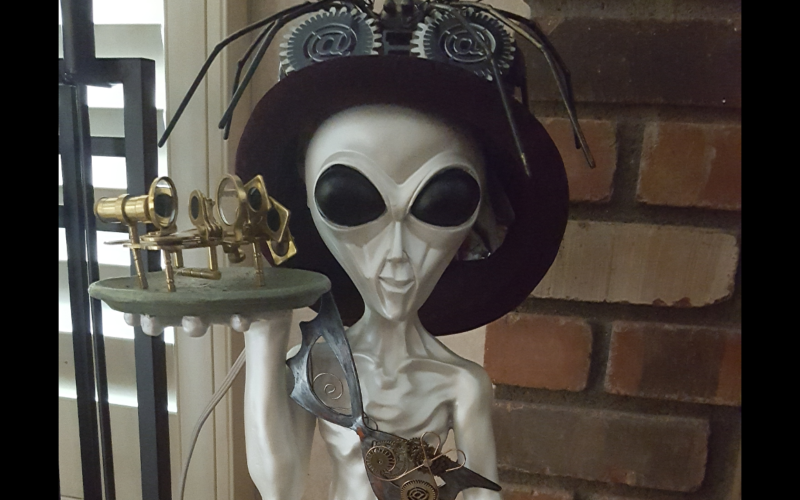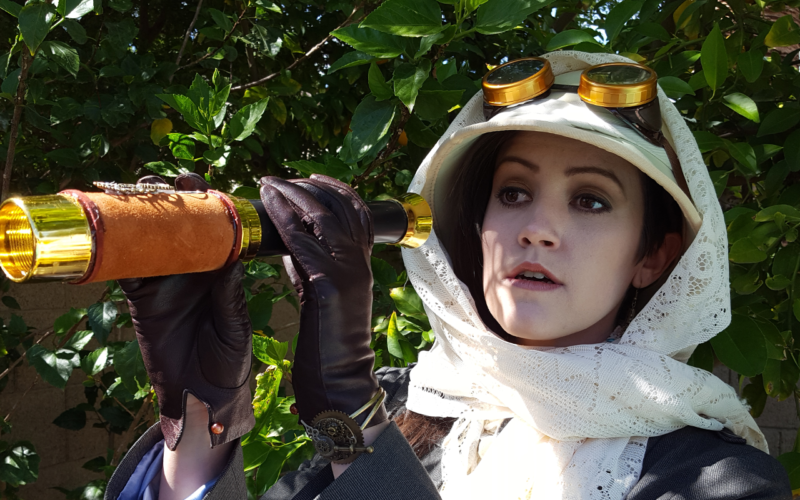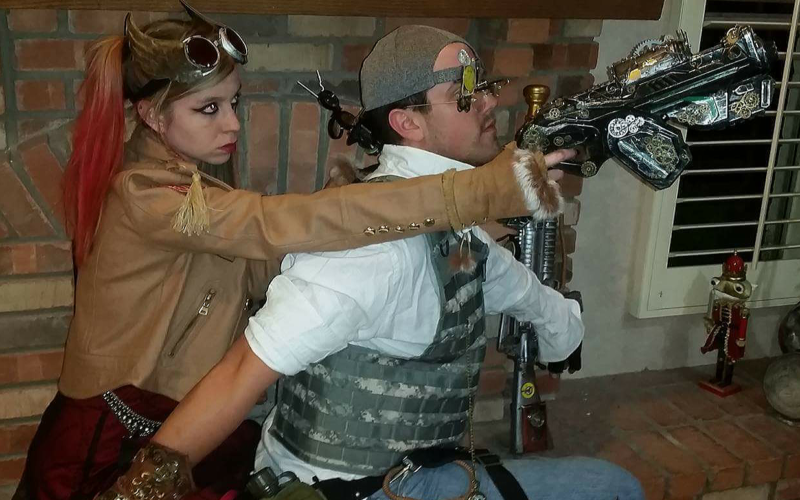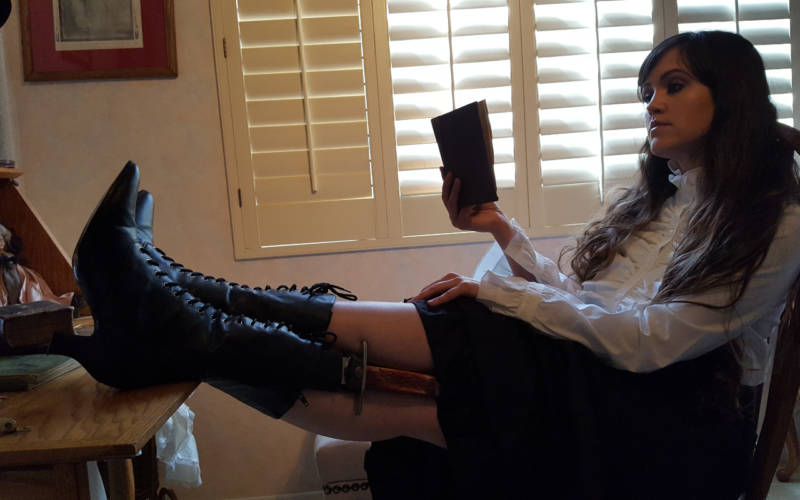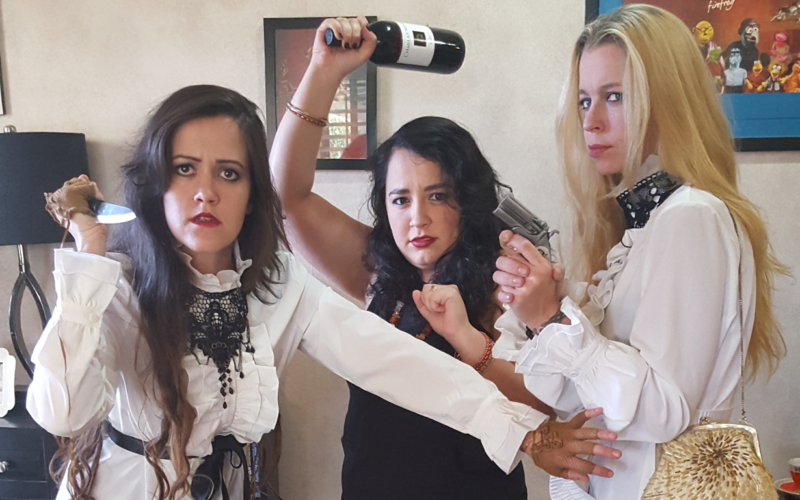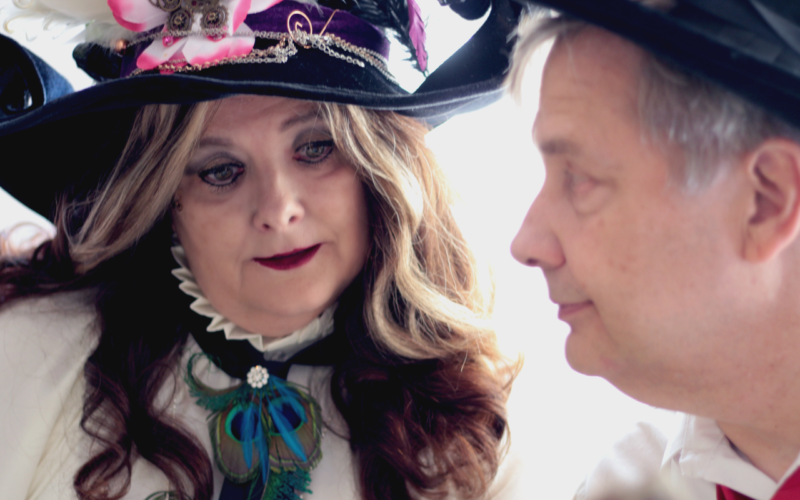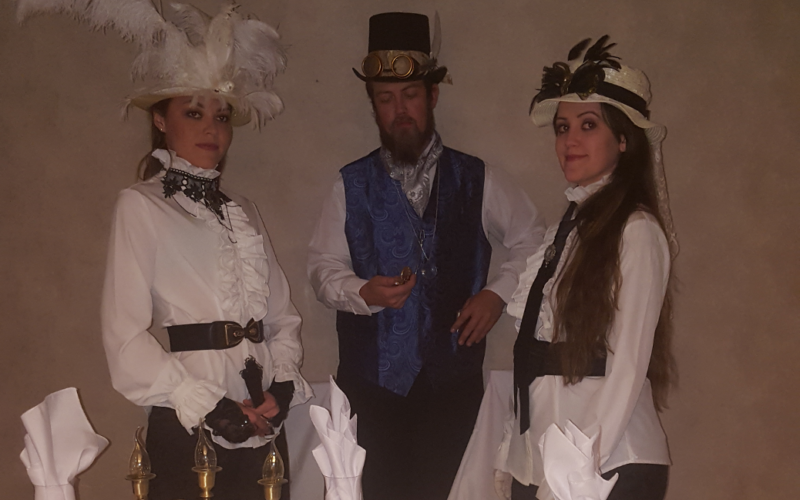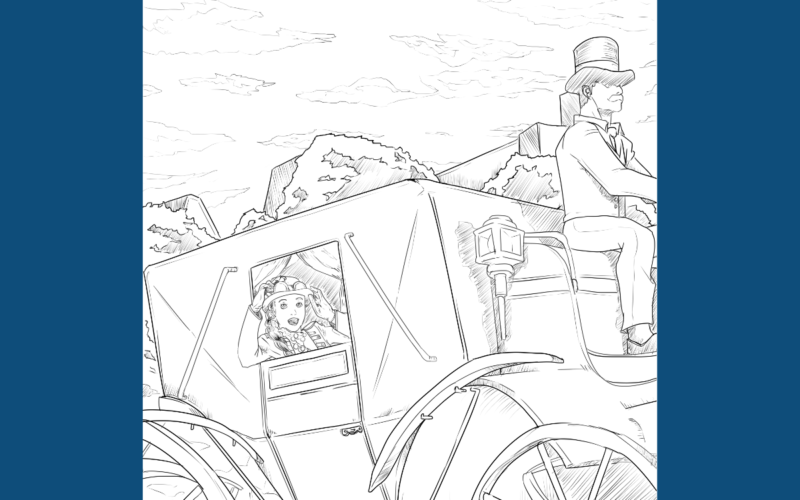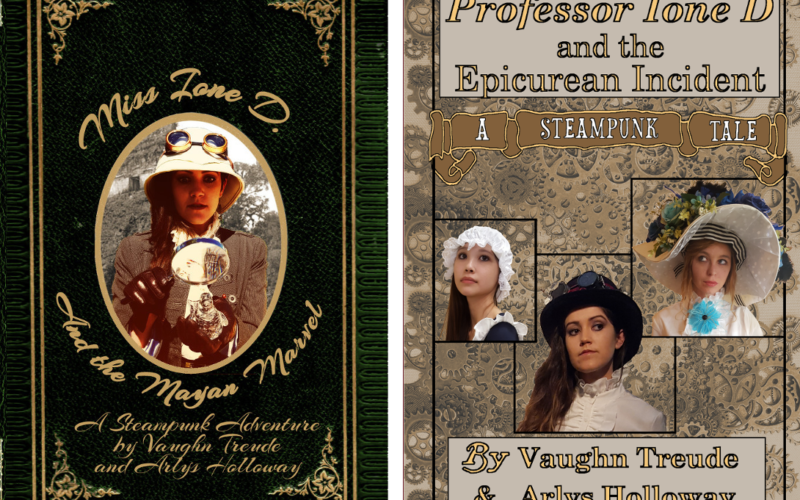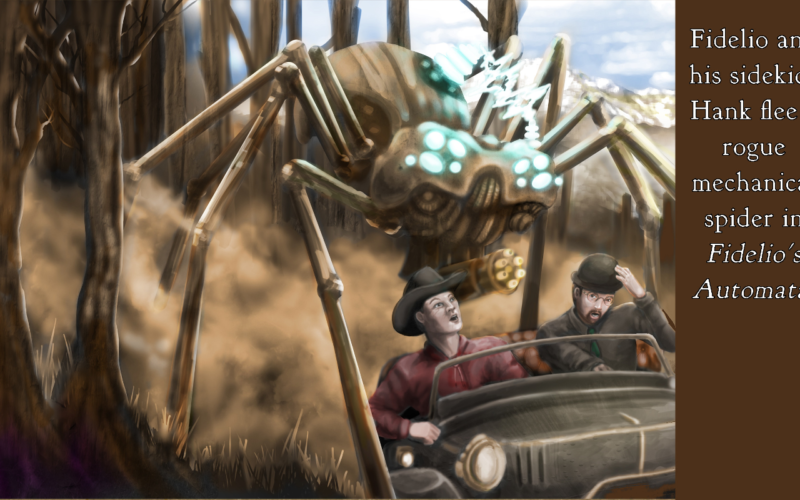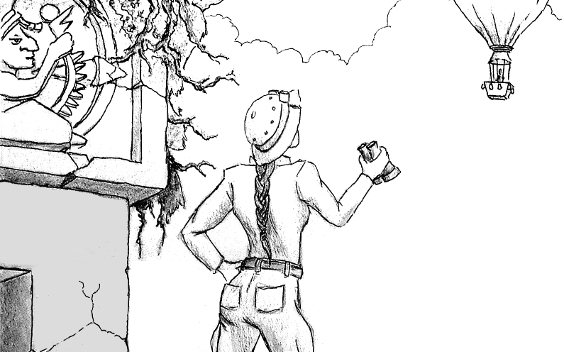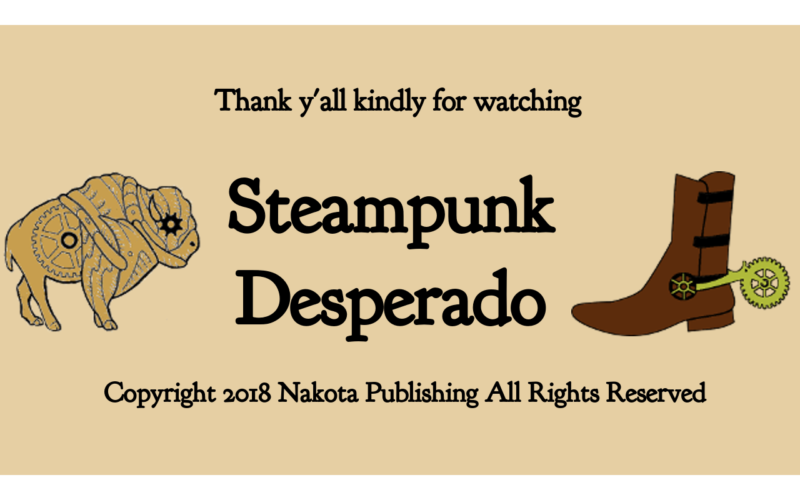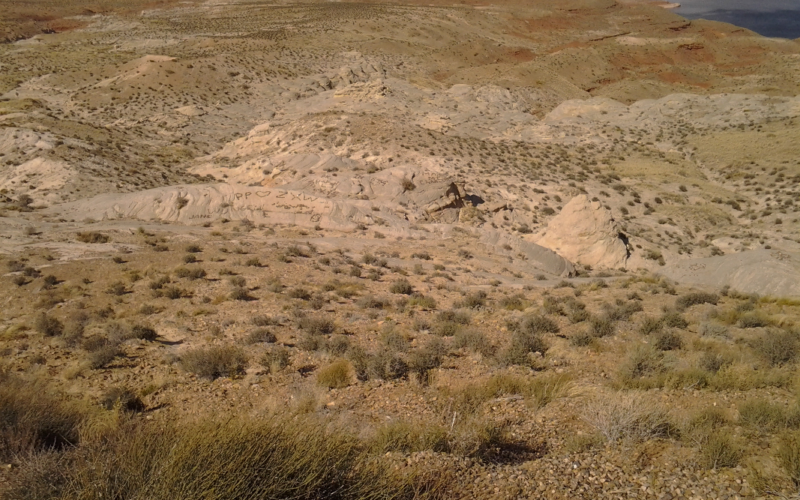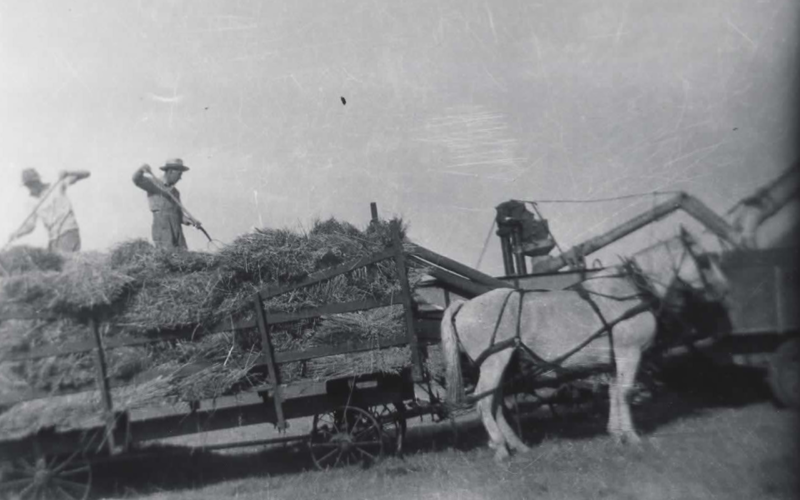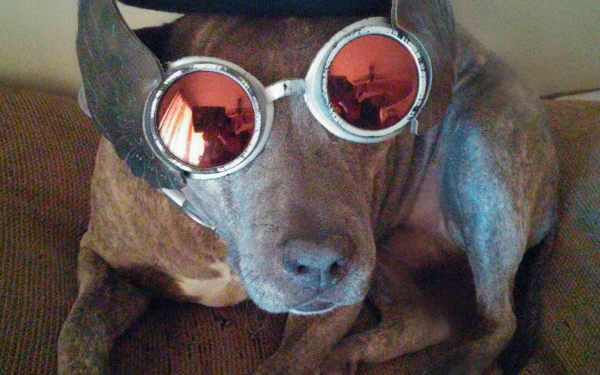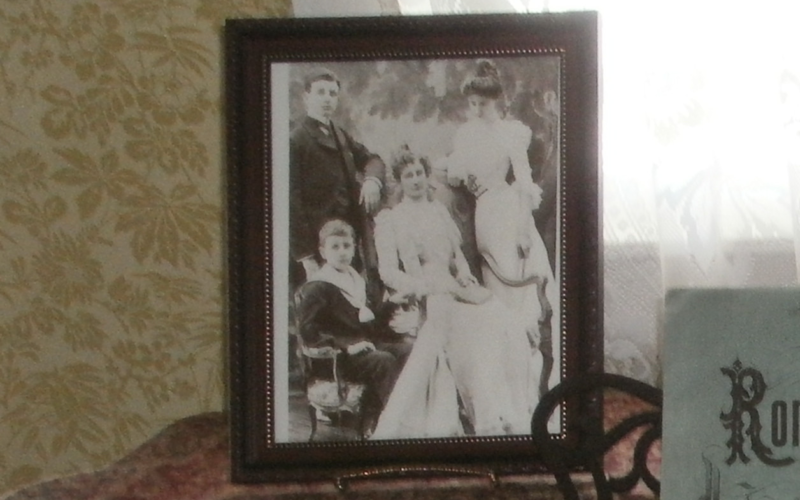
Our Writing Team — Photo by Arlys Endres
(Originally written for Phoenix Independent Book Publishing and Promotion)
Collaboration in writing can be a joy or a nightmare. “Two heads are better than one,” the saying goes, but what if the two heads can’t agree? Whether a joint project is workable depends largely on the personalities of the participants. I’ve been in situations that were difficult at best. With my partner Arlys, who shares a lot of my tastes and personality quirks, it’s been great. We’ve worked together successfully on theatrical and fictional projects. Besides having the luck to discover a great partner, there are a few simple rules one must follow to make the project successful.
The first principle is shared goals. What do you want to achieve? If it’s writing a book, you can do a short summary and make sure both parties agree. It’s not always necessary, but it can’t hurt, and it will help clarify your ideas. During the collaboration process, check your egos at the door. It’s not about who’s right about a particular issue, but about producing the best possible product.
Another important principle is the division of labor. Who is best at what tasks? A great example is Elton John and Bernie Taupin; Elton writes the music, and Bernie the lyrics. Arlys and I also have specific roles. When working on our Ione D steampunk novellas, we brainstorm together on the plot. I write the draft, which she edits carefully. She’s quite skilled at improving dialog and making sure the female protagonist doesn’t sound like a man in a dress. Since Ione D is Arlys’ invention, she has final say on Ione’s motivations, and what she would and wouldn’t say or do.
As with brainstorming, collaboration requires an open mind. No idea is too ridiculous to suggest because it could easily lead to something workable. Collaborators must respect each others’ ideas and opinions. The editing phase, however, requires honesty to sift the gems from the dirt. To facilitate this communication, partners must accept criticism gracefully. It helps, of course, if this criticism is offered in a positive, helpful manner. What I said earlier bears repeating: leave your egos out of it.
One genre that thrives on collaboration is humor. Comedy shows often use writing teams who pitch ideas off each other in brainstorming sessions. The Simpsons used this technique very successfully; I believe that was what allowed the show to stay fresh over its multi-decade run. Working on humor with Arlys is always great fun. We make jokes back and forth and split our sides with laughter. As the one who writes it all down, it can be a challenge to type coherently in such a state.
Collaborations can be both productive and enjoyable, but they have several basic requirements. There must be chemistry, and the participants must follow a few simple guidelines to work well together. When everything goes right, a collaboration doesn’t just add creativity, it multiplies it.

